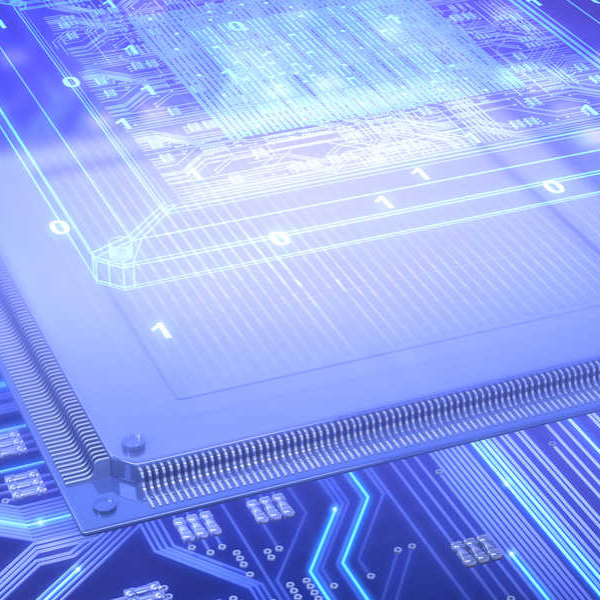High Speed Digital
Design Engineering
Master's degree program delivered by 100+ leaders

1.5 years
Master degree programme
Fully Residential
Located in the vicinity of top Tech companies in Bangalore
Selective Admission
In 2023 only the top 3.8% talented students were shortlisted
Eligibility
Bachelors degree with min 60%
Take the First Step towards becoming a part of the
Top 1% of Digital design Engineers in the country!
Admissions Ongoing for 2024
About Course:
Clock frequencies and data rates are increasing, driven by the high growth rate of internet traffic and computer processing power. For most electronic products, signal-integrity effects begin to be important at clock frequencies above about 100 MHz or rise times shorter than about 1 nsec. Interconnects — like circuit boards, cables and connectors — are not transparent. If you don’t design them correctly, signal integrity (SI), power integrity (PI) and electromagnetic compatibility (EMC) problems can ruin any product.
Our students get access to the latest curriculum taught by industry experts with practical experience and a mandatory 6 Month tech internship, which will ensure their success in the field of High-speed Digital design.
This High-Speed Digital Design course discusses the major factors that need to be considered in generating a design for a complex system. The course contains starting from Architecture Specification we perform High-speed Design, Signal integrity, Power integrity and EMI/EMC Design. This course will discuss the principles of Signal & Power integrity and its applications in the proper design of high-speed digital circuits. The course also provides a thorough overview of modern printed circuit board (PCB) design principles and layout best practice.
High-Speed Digital design Engineering Modules
Lab sessions:
Practical measurements:
The demand of High-Speed Digital Design Engineering
The field of HSDE includes the topics of signal integrity, power integrity and electromagnetic compatibility. When digital signal bandwidths exceed even 100 MHz, the electrical properties of the interconnects can play a dominate role affecting system performance. Interconnect design, from the IC packages, the printed circuit boards, the connectors and cables can affect signals, power distribution and the ability for a product to pass an EMC certification test.
At their core, these problems arise due to the interactions of the electromagnetic fields of the signals and the conductor and dielectric properties of the interconnects. These are topics that are not generally mastered by engineering students in traditional electrical engineering graduate programs at universities. Students interested in electromagnetics tend toward an RF curriculum, while students interested in circuit design tend toward an embedded systems program.
All electronics systems are moving toward high-speed systems, where HSDE skills are required on design teams. Engineers skilled in HSDE make significant positive impacts on product design working at large companies such as Qualcomm, Synopsys, AMD, Cisco, Seagate, Intel and Cadence. However, any company working with high-speed systems needs workers with an understanding of analog signal integrity, and workers with practical PCB experience are even more in demand.
This program focuses on best design, measurement and characterization practices to eliminate signal integrity problems in high-speed products. Topics include transmission lines, cross talk, ground bounce, reflections, high speed serial links, S-parameters and much more. The program starts with “applied Maxwell’s Equations” for understanding the applied electromagnetics and then fixing SI, PI and EMC problems with proper design for HSDD applications.
Who should Apply
Our HSDE Program is designed to prepare students for industry careers with signal and power integrity analysis emphases. Students with a background in electrical engineering fundamentals will be well-prepared for this program. This program offers an opportunity for electrical engineers to obtain the specialized knowledge required to debug HSDE problems and provide practical solutions. It is intended for students and engineers with a Diploma and B Tech degree in electronics, electrical engineering or equivalent, including a background in basic electromagnetics. Students with another relevant engineering or scientific background may still be admitted to the program with a personalized study program to address foundational knowledge gaps.
